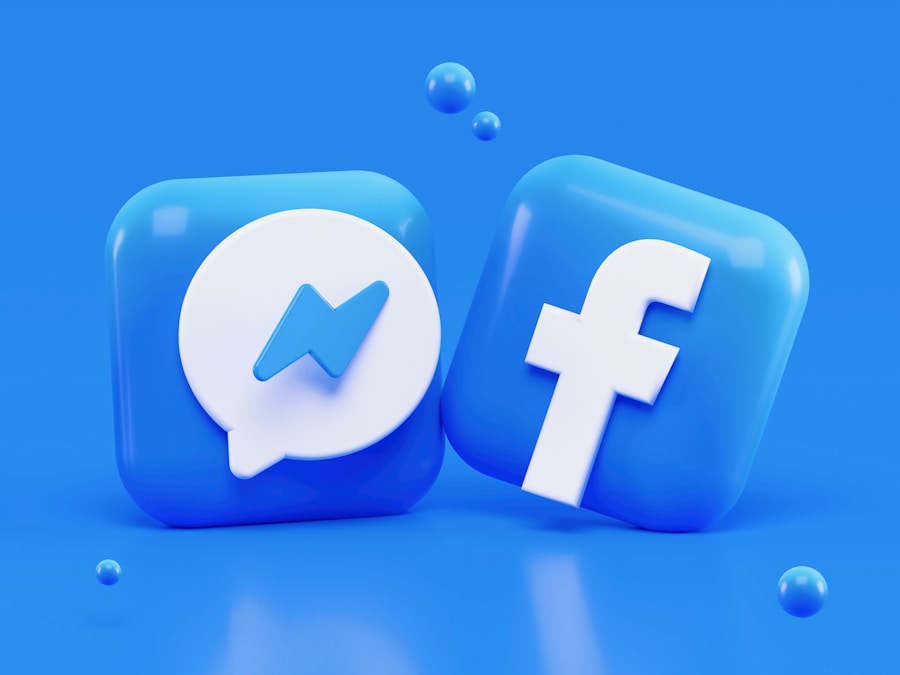ESCAPING THE NARCISSIST
Are you trapped in a toxic relationship? It's time to reclaim your life and find healing. ESCAPING THE NARCISSIST: HOW TO HEAL AND RECOVER FROM NARCISSISTIC ABUSE IN RELATIONSHIPS is your guide to breaking free and starting your journey towards recovery.
Don't let the pain control you any longer. Take the first step today and discover the strategies to overcome emotional abuse and rebuild your life. You deserve happiness and peace.
Start Your Healing Journey TodayIn recent years, the phenomenon of selfie culture has become increasingly prevalent in society, with the widespread use of smartphones and social media platforms contributing to its rise. The act of taking and sharing selfies has become a common practice, with individuals often using various filters and editing tools to enhance their appearance before posting these images online. This trend has sparked a debate about the potential link between technology and narcissism, as some argue that the constant need for validation and attention on social media may be fueling narcissistic behaviors.
The rise of selfie culture can be attributed to the advancements in technology, particularly the widespread availability of smartphones with high-quality cameras. With the ability to capture and share images instantly, individuals have been empowered to curate their online personas and present themselves in a carefully crafted manner. This has led to a culture of self-promotion and self-absorption, with some individuals becoming increasingly focused on their own image and seeking validation from others through likes and comments on social media platforms. As a result, the connection between technology and narcissism has become a topic of interest for researchers and psychologists seeking to understand the impact of this cultural shift on mental health and well-being.
The Impact of Social Media on Self-Esteem and Self-Worth
The pervasive use of social media has had a profound impact on individuals’ self-esteem and self-worth, as the constant comparison to others and the pressure to present an idealized version of oneself online can take a toll on mental health. Research has shown that excessive use of social media can lead to feelings of inadequacy and low self-esteem, as individuals may perceive their own lives as less glamorous or fulfilling compared to the carefully curated images and lifestyles portrayed by others on these platforms. This can contribute to a cycle of seeking validation and attention through likes and comments, as individuals strive to boost their self-worth through external affirmation.
Furthermore, the impact of social media on self-esteem is exacerbated by the prevalence of unrealistic beauty standards and unattainable ideals perpetuated by influencers and celebrities on these platforms. The use of filters and editing tools to alter one’s appearance in selfies can further distort perceptions of beauty and contribute to feelings of inadequacy among individuals who compare themselves to these digitally enhanced images. As a result, the connection between social media and self-esteem has become a growing concern, prompting discussions about the need for promoting more authentic representations of oneself online and fostering a culture of self-acceptance and self-worth independent of external validation.
Understanding the Link between Technology Use and Narcissistic Personality Traits
The link between technology use and narcissistic personality traits has been a subject of interest for researchers seeking to understand the psychological impact of social media and selfie culture. Narcissism is characterized by an inflated sense of self-importance, a constant need for admiration, and a lack of empathy for others. Studies have shown that individuals with narcissistic tendencies may be more likely to engage in self-promotion on social media, seeking validation and attention through the posting of carefully curated images and status updates. This behavior is often driven by a desire to maintain a grandiose self-image and garner admiration from others, reflecting the connection between technology use and narcissistic behaviors.
Furthermore, the anonymity and perceived distance afforded by online interactions may embolden individuals with narcissistic traits to engage in self-aggrandizing behaviors, as they may feel less constrained by social norms and expectations. This can lead to a proliferation of attention-seeking behaviors on social media, as individuals with narcissistic tendencies seek to assert their superiority and dominance over others in the digital realm. As a result, understanding the link between technology use and narcissistic personality traits is crucial for identifying potential risk factors for the development of narcissism and addressing the negative impact of these behaviors on mental health.
The Role of Validation and Attention in Fueling Narcissistic Behaviors on Social Media
The role of validation and attention in fueling narcissistic behaviors on social media cannot be understated, as the constant need for external affirmation can drive individuals to engage in self-promotion and attention-seeking behaviors. The culture of likes, comments, and shares on social media platforms has created a system of validation where individuals seek approval from others through their online presence. This can lead to a cycle of seeking out attention and admiration, as individuals strive to maintain a positive self-image through the feedback received from their online interactions.
Moreover, the role of validation in fueling narcissistic behaviors is compounded by the potential for instant gratification on social media, as individuals may experience a dopamine rush from receiving likes and positive comments on their posts. This can reinforce attention-seeking behaviors, as individuals become increasingly reliant on external validation to boost their self-esteem and sense of self-worth. As a result, the role of validation in fueling narcissistic behaviors on social media has become a point of concern, prompting discussions about the need for promoting more meaningful forms of connection and fostering a culture of self-acceptance independent of external affirmation.
The Influence of Filters and Editing Tools on Self-Image and Narcissistic Tendencies
The influence of filters and editing tools on self-image and narcissistic tendencies has become a significant concern in the age of selfie culture, as these digital enhancements can distort perceptions of beauty and contribute to unrealistic standards of appearance. The widespread use of filters and editing tools on social media platforms has led to a proliferation of digitally altered images that present an idealized version of oneself, often leading to feelings of inadequacy among individuals who compare themselves to these unrealistic standards. This can contribute to a cycle of seeking validation through external affirmation, as individuals strive to meet these unattainable ideals perpetuated by digitally enhanced images.
Furthermore, the influence of filters and editing tools on self-image can exacerbate narcissistic tendencies, as individuals may become increasingly focused on their own appearance and seek validation through the presentation of an idealized self-image online. This can lead to a preoccupation with physical appearance and a constant need for admiration from others, reflecting the connection between digital enhancements and narcissistic behaviors. As a result, addressing the influence of filters and editing tools on self-image is crucial for promoting more authentic representations of oneself online and fostering a culture of self-acceptance independent of external validation.
Addressing the Negative Effects of Technology on Mental Health and Well-Being
Addressing the negative effects of technology on mental health and well-being is crucial in the digital age, as the pervasive use of social media and selfie culture has been linked to an array of psychological issues. Research has shown that excessive use of social media can lead to feelings of depression, anxiety, and low self-esteem, as individuals may experience heightened levels of social comparison and pressure to present an idealized version of themselves online. This can contribute to a cycle of seeking validation through external affirmation, as individuals strive to boost their self-worth through likes and comments on social media platforms.
Moreover, addressing the negative effects of technology on mental health is essential for promoting more balanced and healthy forms of technology use. This may involve implementing strategies for promoting digital well-being, such as setting boundaries for screen time, practicing mindfulness when using technology, and fostering meaningful offline connections. Additionally, addressing the negative effects of technology on mental health may involve promoting more authentic representations of oneself online and fostering a culture of self-acceptance independent of external validation. By addressing these issues, we can work towards creating a healthier relationship with technology that prioritizes mental health and well-being.
Strategies for Promoting Healthy Technology Use and Reducing Narcissistic Behaviors in the Digital Age
In light of the potential negative impact of technology on mental health and well-being, it is crucial to develop strategies for promoting healthy technology use and reducing narcissistic behaviors in the digital age. This may involve implementing educational programs that raise awareness about the potential risks associated with excessive use of social media and selfie culture, as well as providing resources for individuals to develop more balanced relationships with technology. Additionally, promoting healthy technology use may involve fostering a culture of digital well-being that prioritizes mindfulness, meaningful connections, and self-acceptance independent of external validation.
Furthermore, reducing narcissistic behaviors in the digital age may involve promoting more authentic representations of oneself online and challenging unrealistic beauty standards perpetuated by digitally enhanced images. This may involve encouraging individuals to embrace their natural appearance and present themselves authentically on social media platforms, as well as fostering a culture that values inner qualities over external appearances. By implementing these strategies, we can work towards creating a healthier digital landscape that promotes mental health and well-being while reducing narcissistic behaviors in the digital age.


